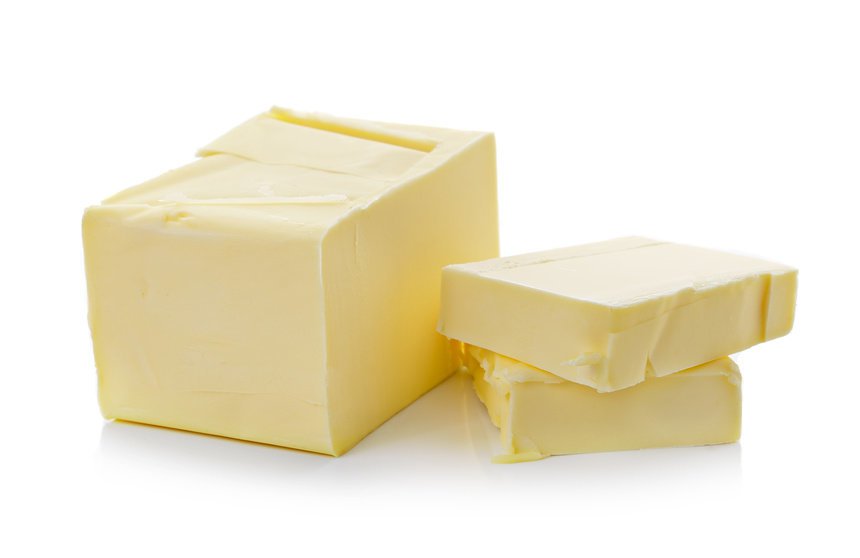Butter consumption was only weakly associated with total mortality, not associated with cardiovascular disease, and slightly inversely associated (protective) with diabetes, according to a new epidemiological study which analyzed the association of butter consumption with chronic disease and all-cause mortality. This systematic review and meta-analysis, was led by Tufts scientists including Laura Pimpin, Ph.D
Based on a systematic review and search of multiple online academic and medical databases, the researchers identified nine eligible research studies including 636,151 individuals .
Butter consumption was standardized across all nine studies to 14 grams/day, estimated serving of butter (or roughly one tablespoon). Overall, the average butter consumption across the nine studies ranged from roughly one-third of a serving per day to 3.2 servings per day. The study found mostly small or insignificant associations of each daily serving of butter with total mortality, cardiovascular disease, and diabetes.
“Even though people who eat more butter generally have worse diets and lifestyles, it seemed to be pretty neutral overall,” said Pimpin, now a data analyst. “This suggests that butter may be a “middle-of-the-road” food: a more healthful choice than sugar or starch, such as the white bread or potato on which butter is commonly spread and which have been linked to higher risk of diabetes and cardiovascular disease; and a worse choice than many margarines and cooking oils — those rich in healthy fats such as soybean, canola, flaxseed, and extra virgin olive oils — which would likely lower risk compared with either butter or refined grains, starches, and sugars.”
“Overall, our results suggest that butter should neither be demonized nor considered “back” as a route to good health,” said Mozaffarian. “More research is needed to better understand the observed potential lower risk of diabetes, which has also been suggested in some other studies of dairy fat. This could be real, or due to other factors linked to eating butter — our study does not prove cause-and-effect.
Source: Science daily
N.H.KH

